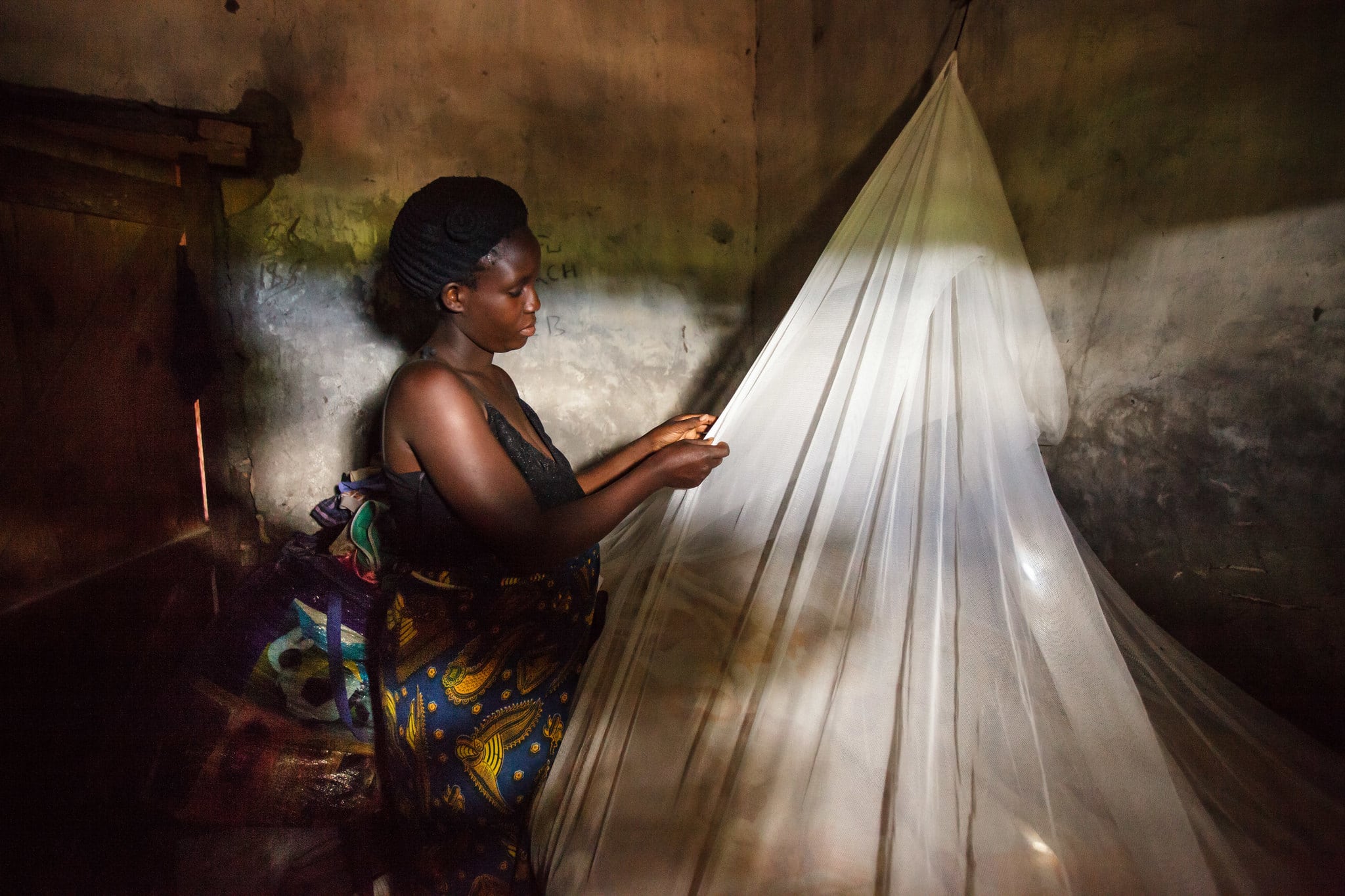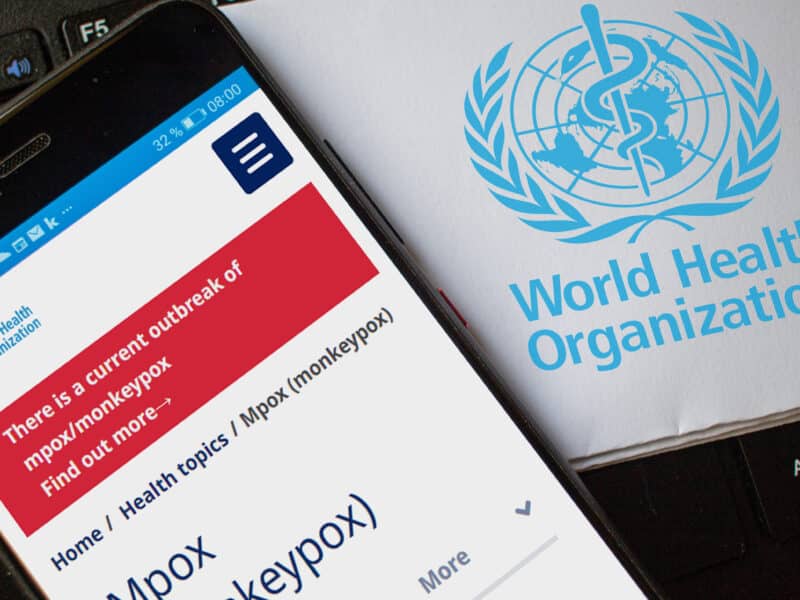The most-recent Malaria Behavior Survey (MBS), led by the Johns Hopkins Center for Communication Programs, finds that Zambians in the four study provinces have come a long way in protecting themselves against malaria, the mosquito-borne illness that killed nearly 600,000 people worldwide in 2023.
Eighty-six percent of those who have treated bed nets in the Zambia Malaria Behavior Survey said they sleep underneath them nightly, while 85 percent of caregivers say they seek prompt medical attention for those with fevers (compared to 30 percent nationally in a similar 2021 survey). Nearly 90 percent of women reported that they attended prenatal care appointments at least four times during pregnancy, enabling more doses of IPTp, a medication that helps prevent malaria in pregnant moms and their babies.
“It is remarkable progress,” says CCP’s Angela Acosta, the malaria technical advisor for the MBS. “It’s wonderful to see how well the investments in malaria that the Zambian government and its partners, such as the U.S. President’s Malaria Initiative, have made over the last decade or so are paying off.
“Communities and families are really doing their part and practicing the behaviors that programs have been emphasizing. Households are using their nets. They’re going to prenatal care visits to obtain medication to prevent malaria in pregnancy. They’re seeking medical treatment promptly when a child is sick. The challenge now is how do we sustain that so we can ultimately drive out malaria.”
The CCP-led Breakthrough ACTION project has designed, conducted and analyzed 15 malaria behavior surveys in 13 countries since 2018, with funding and support from the U.S. President’s Malaria Initiative. This rigorous research has helped countries where malaria is endemic to better understand what malaria-related behaviors are being practiced, what factors may facilitate those behaviors, and where actionable improvements can be made.
More than 1,320 households in the Luapula, Northern, Muchinga, and Eastern provinces were surveyed, and results were posted earlier this month, ahead of World Malaria Day on April 25. Soon, more data will be uploaded to the interactive MBS dashboard so that officials in Zambia can delve even deeper into what was captured.
Acosta says that malaria behaviors don’t only protect against malaria but can help strengthen health systems and health outcomes more broadly. For example, if more pregnant women are seeking earlier prenatal care to receive as many doses of malaria-prevention medication as possible, this also means they are being seen by health care providers who can check on their health and that of their unborn babies.
While Zambia is outperforming many other countries where the survey has been conducted in terms of routine net use, there is still “huge room for improvement in specific behaviors,” says CCP’s Ashley Riley, a program officer on the malaria team.
One area the MBS points to for improvement: prenatal care visits in the first trimester. The survey results found that 67 percent of women did this during their most recent pregnancy, but that 87 percent intend to do so during their next pregnancy. The MBS provides useful information on how to close the gap between intention and action.
In Zambia, CCP shared preliminary findings with health officials and other stakeholders who have since used the data to fashion potential objectives for improvement in its national malaria social and behavior change strategy. For example, the survey found that 74 percent of respondents believed that women in their community started prenatal care during the first three months of their pregnancy. Women who held this belief were more than twice as likely to start prenatal care at the recommended time.
Now SBC stakeholders in Zambia are considering setting a goal for increasing that rate from 74 to 90 percent.
Another area for improvement: net care. Bed nets are typically provided to communities during mass distribution campaigns led by governments, donors and local partners. These occur roughly every three years. Bed nets have been credited with contributing to a large drop in malaria cases in Africa over the last two decades, but nets can lose their effectiveness if they are not properly cared for.
Social and behavior change programs have aimed to encourage people to tie their nets up during the day (to prevent dirt and damage), to use mild soap to clean nets and to dry them in the shade after cleaning (harsh cleaners and bleach – as well as the sun – can reduce the effectiveness of the insecticide that repels mosquitoes).
The survey found that about half of nets were hung properly during the day in Zambia. Two-thirds of people washed their nets with harmful detergents and 40 percent of nets were dried in the sun, which can weaken the insecticide on nets.
Instead of focusing on SBC programs that implore people to “use your nets,” when the survey suggests people are already using the nets they have, “you can optimize your malaria program encouraging people to take care of the nets they have,” Acosta says.
“In a context where it’s always uncertain when you’ll be able to have a new net, you have a way to make it last as long as possible.”





